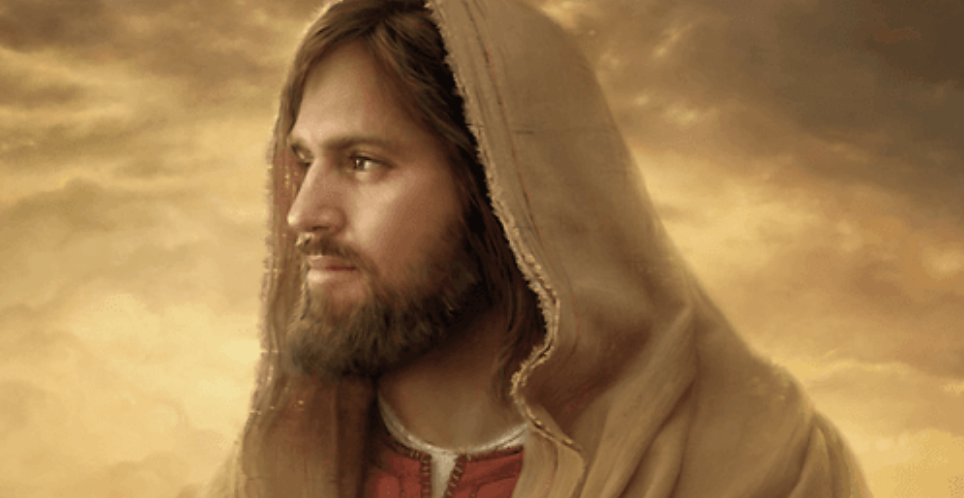In times of uncertainty and challenge, the importance of being prepared, both spiritually and temporally, cannot be overstated. As Bishop W. Christopher Waddell eloquently reminds us in his insightful talk from October 2020, “There Was Bread,” there are immense benefits to heeding the counsel of living prophets and taking steps to prepare ourselves and our families for whatever may come.
The story of Joseph in Egypt serves as a poignant example of the wisdom in preparation. Joseph, through divine inspiration, foresaw the seven years of plenty followed by seven years of famine. Acting on this knowledge, he diligently stored food during the years of abundance, ensuring that when the famine struck, there was bread in Egypt. This narrative not only underscores the importance of foresight and planning but also highlights the principle of faith in action.

In today’s world, marked by the global pandemic and other unforeseen challenges, the need for preparedness is more evident than ever. As Bishop Waddell aptly observes, calamities and trials are an inherent part of mortal existence. However, by following the guidance of our leaders and implementing 3 principles of preparedness, we can navigate these trials with increased confidence and peace.
One key aspect of preparedness is financial stewardship. The First Presidency of The Church of Jesus Christ of Latter-day Saints has consistently emphasized the importance of managing our finances wisely, including paying tithes and offerings, avoiding debt, and saving for the future. By adhering to these principles, we not only secure our own financial well-being but also position ourselves to help others in times of need.

Another vital component of preparedness is home storage. Just as Joseph stored grain in preparation for the famine, we are encouraged to maintain a supply of essential items, including food, water, money, and other necessities. This principle of self-reliance not only ensures our physical sustenance but also fosters a sense of security and peace of mind.
Central to the concept of preparedness is faith—the belief that through the grace of Jesus Christ and our own efforts, we can obtain both spiritual and temporal blessings. As Elder David A. Bednar reminds us, true faith is manifested through action. By taking proactive steps to prepare ourselves, we demonstrate our trust in the Lord’s providence and His promise to provide for His children.
For members of The Church of Jesus Christ of Latter-day Saints, the teachings of living prophets serve as a guiding light in times of uncertainty. However, the principles of preparedness are universal and applicable to people of all faiths. Regardless of religious affiliation, the wisdom of preparing for the future is a timeless truth that transcends boundaries and enriches lives.
As we strive to become temporally prepared, let us also cultivate a spirit of faith and trust in the Lord. By aligning our actions with His will and seeking His guidance, we can navigate life’s challenges with courage and resilience. And like Joseph in Egypt, even in the midst of adversity, may we be able to say with confidence, “There was bread.”

In conclusion, let us heed the counsel of our leaders, both spiritual and temporal, and take steps to prepare ourselves and our families for the uncertainties of the future. Through faith, diligence, and wise stewardship, we can find peace and security amidst life’s storms. As we embrace the principle of preparedness, may we draw closer to our Savior, Jesus Christ, who is the source of all hope and assurance.
Other Blog posts you may find interesting: